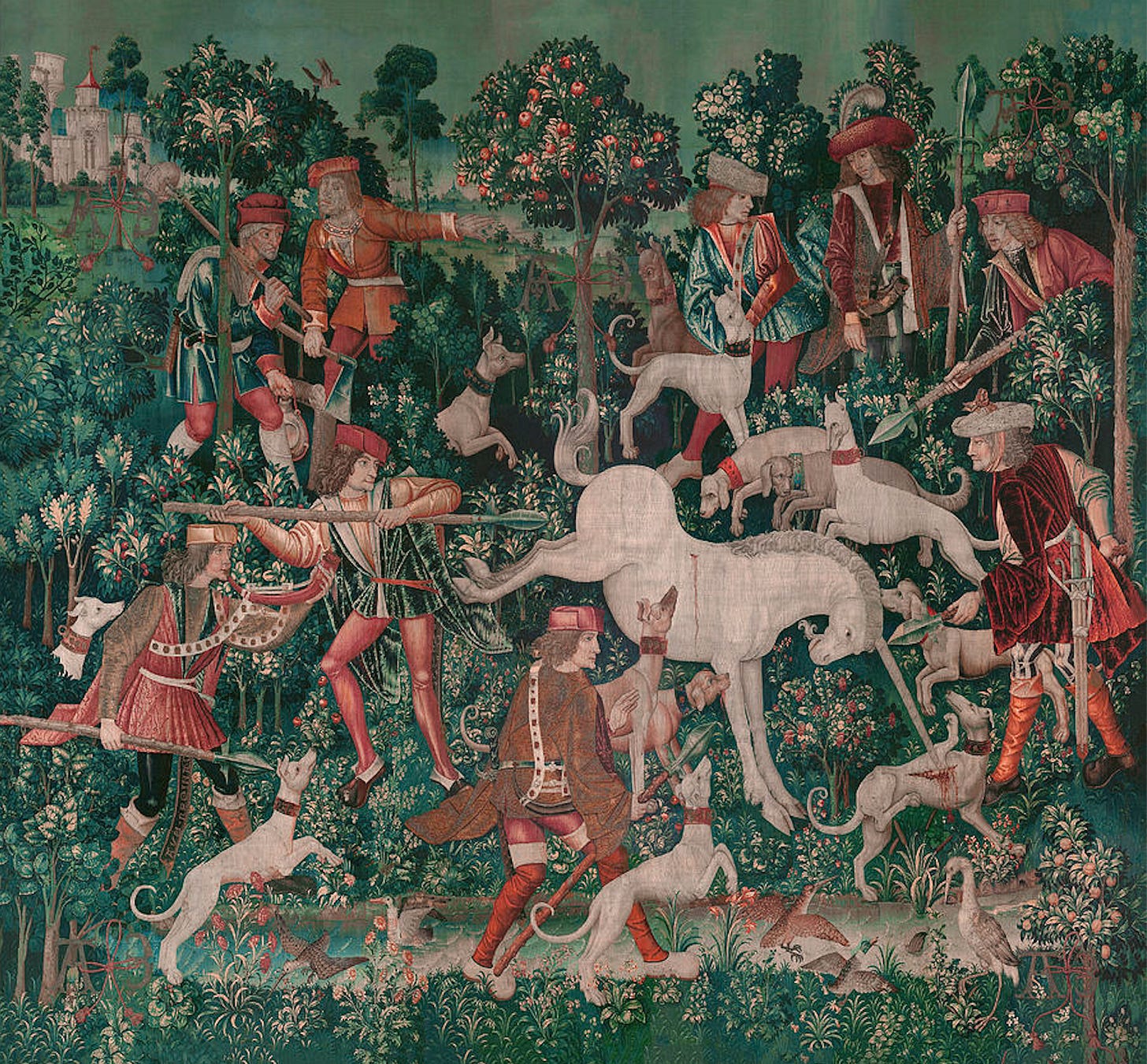When Words Fall Short
I asked a friend, who has an advanced degree in Shakespeare studies, if there was a word in the English language that means “full of teeth.” There doesn't appear to be one.
Today I tried to ask my good friend of twenty-five years, a very smart woman with an advanced degree in Shakespeare studies, if there was a word in the English language that means “full of teeth.” There doesn’t appear to be one. At least, not a good one. Not a word that means or tastes or feels like what I’m getting at—what I’m trying to get at, anyway. Toothsome isn’t it, of course, or toothy, and fanged doesn’t quite cut it. Fanged is closer, I suppose, but it’s too singular, too particular, and individual, and besides, the thesaurus offers no synonyms. A single creature may have fangs, but what about a pack of creatures? What about teeth on all sides? What then?
When I say full of teeth, I mean an abnormal, existential, presentation of teeth. I mean like the wolf in Peter and the Wolf, that menacing, overlarge, cartoon grin; a grin that is ready to blow your house down and all your dreams along with it; a mouthful of teeth ready to blow you out like a candle.
I think of the way social media so often feels now, lit by the gleam of incisors, and everyone ready to pounce. I think, also, of that strange opening sequence to the 1978 animated film Watership Down—as traumatic and grisly and psychedelic a film as was ever shown to children—where a stylized sun god turns stylized rabbits into predators. But let’s not speak of that.
It’s like when Snow White is lost in the woods at night, and all around her are a swarm of eyes, an assault of eyes, winged, almost, like a flock of moths descending. I mean that, except with teeth. A forest of teeth, a conspiracy of teeth, a murder, a glee, a proliferation. A gnashing, perhaps? A judgement? What is the word for that?



